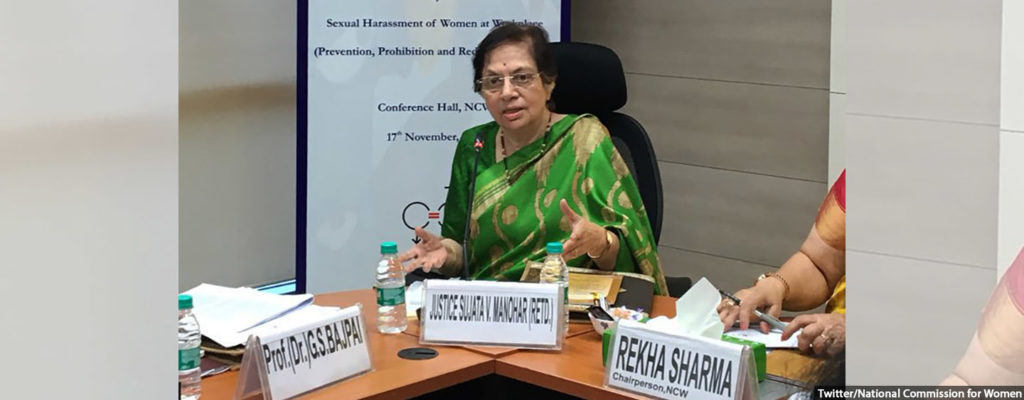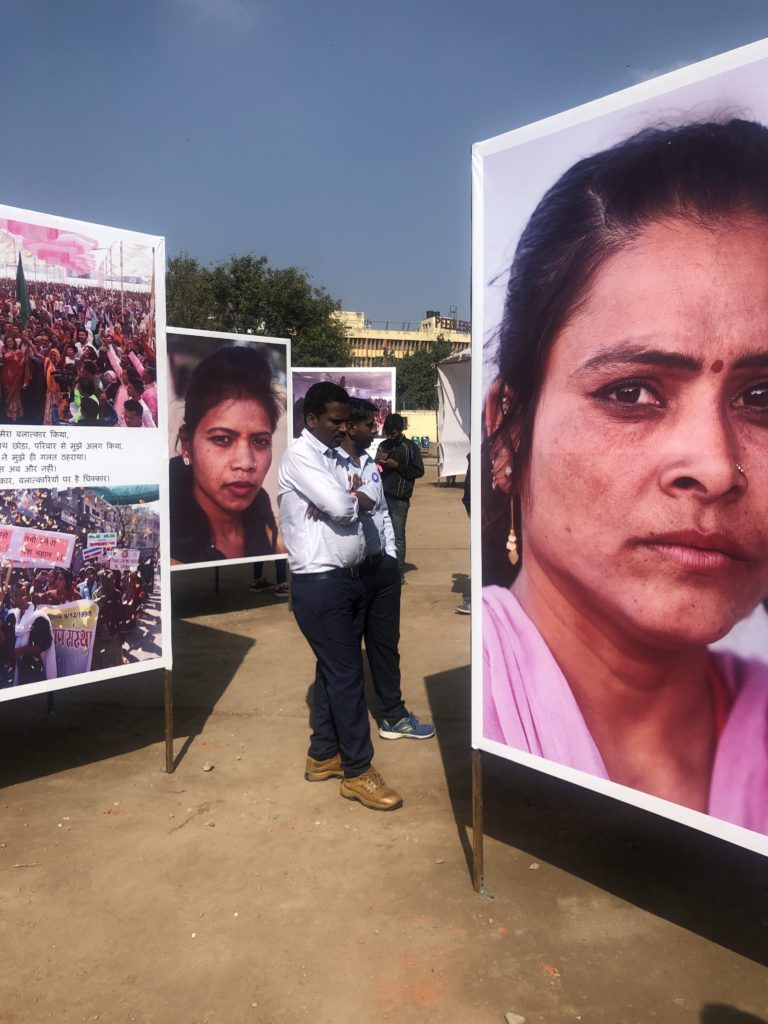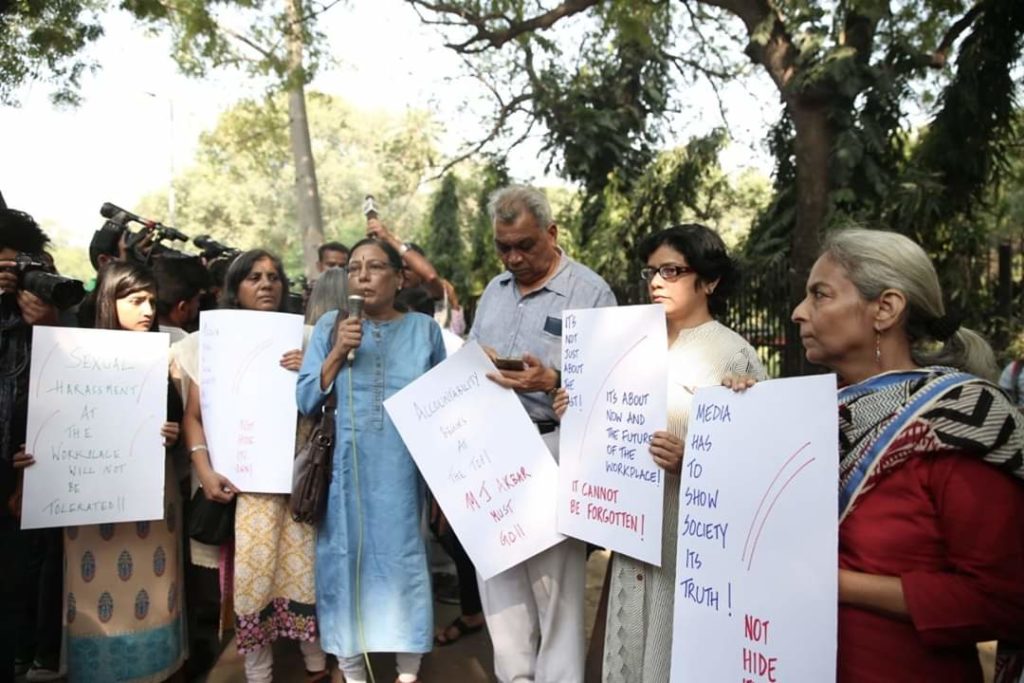“A matter of great importance touching upon judiciary’s independence”
In 2019, a junior woman staffer accused then chief justice of India Ranjan Gogoi of sexual harassment and, subsequently, a targeted harassment of her and her family. The Pegasus revelations tell us that her phone and that of 11 phones associated with her was likely under surveillance along with those of 10 prime ministers, 3 […]
“A matter of great importance touching upon judiciary’s independence” Read More »


